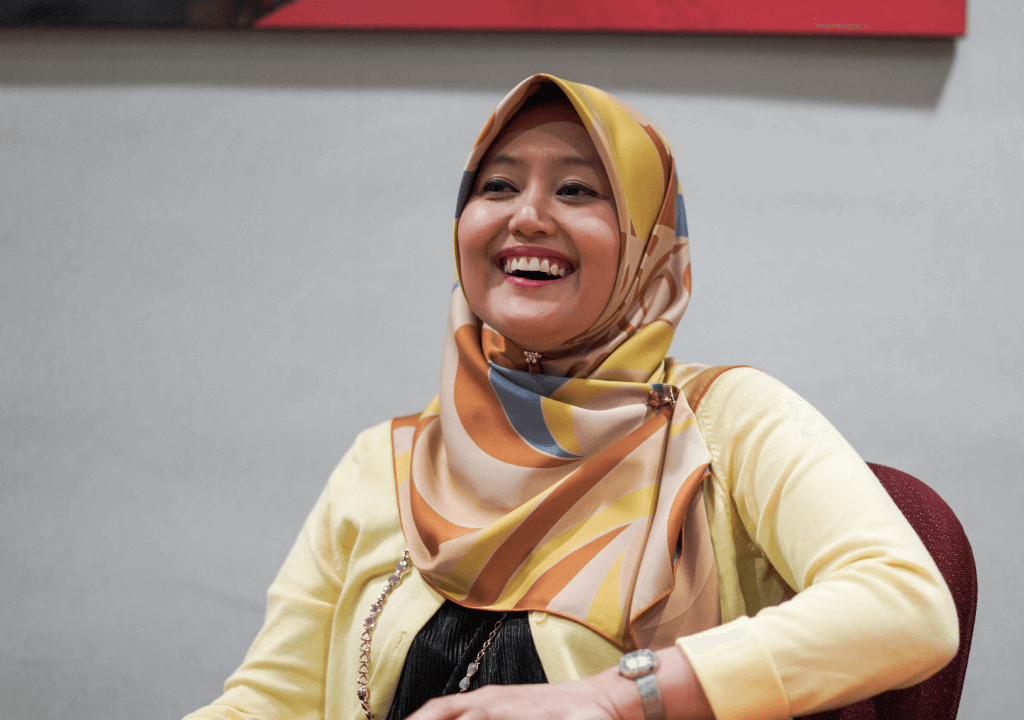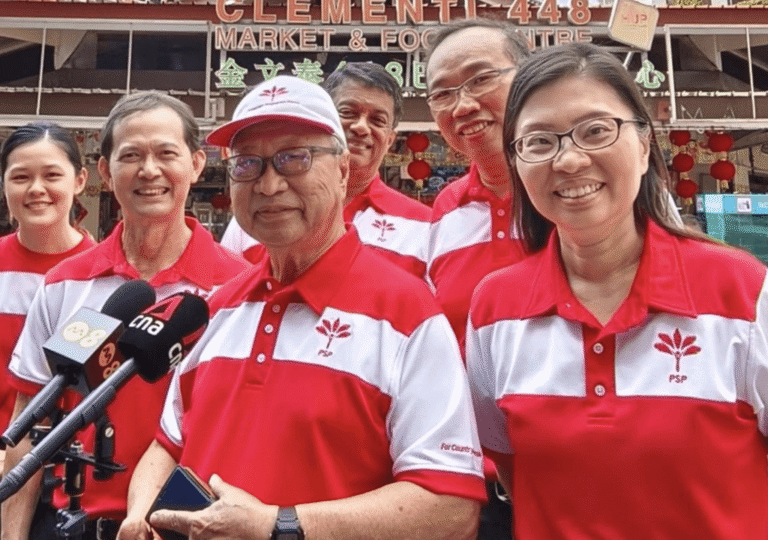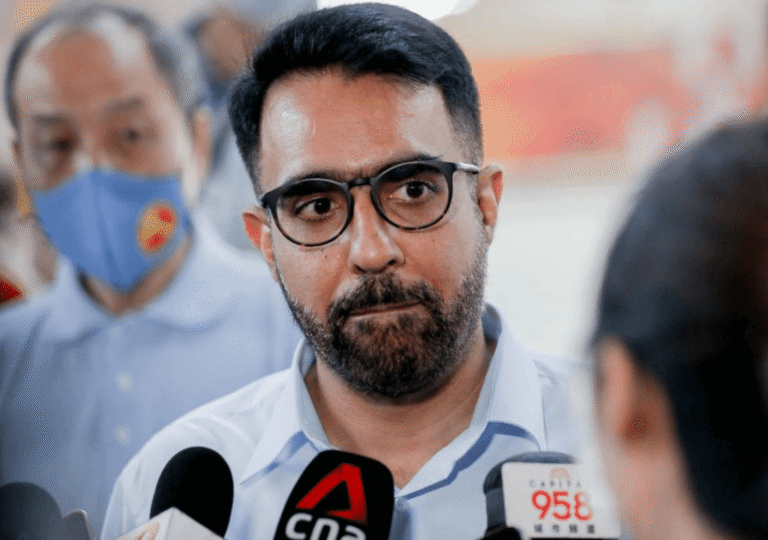Singapore’s ruling People’s Action Party is approaching its most pivotal general election in years. For the first time since independence, it enters the race without a member of the Lee family at the helm. Leading the charge is Prime Minister Lawrence Wong, who faces a critical test—not merely to secure victory, which remains likely given Singapore’s political structure, but to achieve a strong mandate that validates his authority and reinforces his leadership within the party.
Yet public discontent is quietly mounting. Economic pressures and concerns over the rising cost of living have fueled a sense of anti-incumbency. Even a modest dip in support will be closely examined. To rejuvenate the party’s image, Wong has introduced a renewed slate of candidates, including more women and younger professionals. It may be the PAP’s youngest team since 2011—part of a calculated strategy to signal change and reconnect with a more diverse and demanding electorate.
A roster of newcomers
The People’s Action Party has traditionally refreshed about a quarter to a third of its slate with each election—a rhythm of renewal that continues under the leadership of Secretary-General and Prime Minister Lawrence Wong. In his first address as party leader in November 2024, Wong highlighted leadership renewal as a key priority, setting the tone for the party’s upcoming slate.
With Singapore’s next Parliament expected to comprise 97 elected members, the PAP is likely to introduce between 24 and 32 new candidates. The expected lineup includes senior civil servants, long-serving grassroots activists, and a growing number of C-suite executives. Political analysts note that the public sector remains a crucial recruitment ground for the PAP. At the same time, party leaders have increasingly signaled a desire to draw more talent from the private sector. Around half of the new candidates are anticipated to come from corporate backgrounds—a proportion that has remained relatively steady over the years, ranging from 40 to 50 percent, with a notable spike to 62 percent in 2015.
Several fresh faces have already been spotted on the ground alongside PAP MPs. These include Hazlina Abdul Halim, former CEO of Make-A-Wish Singapore; lawyer Gho Sze Kee; and business development director Diana Pang. Two senior civil servants—Jasmin Lau, Deputy Secretary for Policy at the Ministry of Health, and Goh Hanyan, Director of Smart Nation and AI Policy—are also expected to step down in early April, potentially joining the party’s ticket. The 2025 candidate lineup is also expected to skew younger, with an average age of around 40.
More Women in the Race
Prime Minister Lawrence Wong has signaled his intention to field more women candidates in the upcoming general election. The party is expected to nominate a higher proportion of female candidates than in previous years, continuing a steady upward trend. Around 40 percent of the potential new candidates are women—an increase that could result in approximately 12 new female contenders in 2025. This figure is up from 37 percent in the 2020 general election and less than 25 percent in 2015. Wong identified this as a priority in August 2024, expressing his commitment to enhancing female representation in Parliament. He also stressed the importance of diversity, noting that a diverse team is highly valuable.
This push for greater female participation follows years of government efforts to engage women more directly. In 2021, the government declared it the Year of Celebrating Singapore Women and launched nationwide conversations on women’s issues. These initiatives, beyond acknowledging women’s voices, also served as a strategic move to build political capital among female voters.
With the current Cabinet consisting of only three women out of nineteen members, the introduction of more female candidates—particularly those with leadership potential—would send a strong and welcome signal of change.
Offering a Changed PAP
As this election marks a pivotal moment for Lawrence Wong, candidate selection is emerging as a cornerstone of his campaign strategy. He must prove his political acumen and leadership to the People’s Action Party—an institution so deeply woven into Singapore’s political fabric that it is often seen as synonymous with the state itself. In this context, the party’s slate of candidates is drawing unprecedented scrutiny.
After holding power since 1965, the PAP understands the need to offer something new to a changing electorate. It has acknowledged the importance of injecting greater diversity into its lineup of first-time candidates and is actively working to shed its long-standing image as a party that primarily recruits from the public sector and military. For the 2025 election, just over a third of the anticipated new candidates hail from the public sector, with most coming from the civil service and a smaller group from military backgrounds—marking a clear departure from past trends.
With early signs pointing toward an imminent election, the PAP is expected to soon enter its next phase: the formal introduction of its candidate slate to the public.







